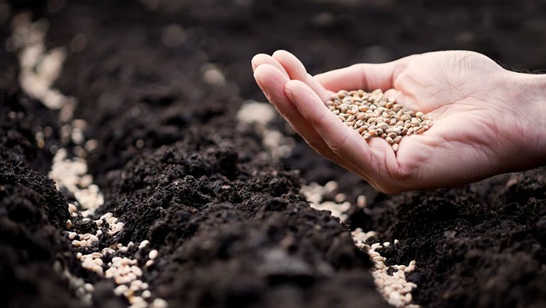The Indian government’s Draft Seeds Bill, 2025 is the latest attempt to overhaul regulations governing the seed sector and aims to replace the Seeds Act, 1966 and the Seed Control Order, 1983. As with previous similar attempts in 2004 and 2019, the Bill has drawn sharp criticism. The Samyukt Kisan Morcha (SKM)—an umbrella body of various farmer unions—argues that the proposed law is better suited to seed companies and agri-businesses than ordinary cultivators, particularly those relying on traditional and chemical-free farming. SKM, seed experts and civil society organizations are also urging the government to reject proposed expansions to the International Treaty on Plant Genetic Resources for Food and Agriculture (ITPGRFA). They expressed fear that the treaty could undermine India’s sovereignty over its agricultural genetic resources. The 11th session of the ITPGRFA governing body is being held between 24–29 Nov in Lima, Peru. Meanwhile, agricultural officers across Panjab are raising concerns over chronic delays in the supply of Berseem (green fodder), lentil, gram, and wheat seeds, which are meant to be free for flood affected villages and on subsidy for other villages. These worries come even as the Punjab Agriculture and Farmers’ Welfare Department has recently begun sending these seeds procured under the National Food Security and Nutrition Mission (NFSNM). This is an instance of how centralized control of seeds through more Bills will lead to further control and inequity of seeds distribution. Meanwhile, the US–India Bilateral Trade Agreement is likely to be announced before the end of November. India will likely allow duty-free import of soyabean, corn, and certain dairy products. The reciprocal tariffs will be less than 20% from the current 50% but India is insisting on bringing it down to the European Union’s tariff rate of 15%. Import of these products will severely impact India's food production leading to instability in the rural sector. Panjab, primarily an agrarian state, will particularly suffer. Farmers and dairy owners will be unable to compete with largely genetically modified and cheaper products (earlier coverage).


Get the Liv Forum digest emailed to you weekly.
In accordance with our Privacy Policy, we will never share or sell the information of our subscribers.




%20activists%20upon%20bail%20-%20Lachhman%20Sewewala.jpg)

